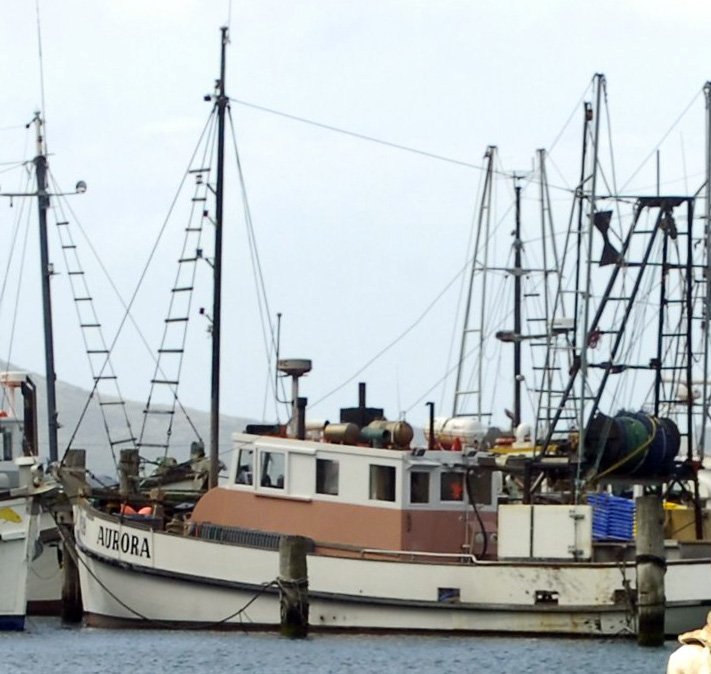
Wayne John Jolly (58) appeared in the Dunedin District Court this week after admitting skippering a ship without appropriate documentation and was sentenced to 250 hours’ community work.
The importance of complying with such protocols was resoundingly brought home to Jolly in March last year when his boat Aurora – a 15.6m wooden trawler built in Port Chalmers in 1958 - sank about a nautical mile off the coast of the Tautuku Peninsula, in the Catlins.
The Otago Regional Rescue Helicopter rescued two people and a dog, it was reported at the time.
While the boat’s certificate of survey was valid until March this year, that remained dependent on a range of conditions being met.
One such requirement was that at an out-of-water assessment was to take place before March 2021, to enable a full inspection.
Jolly never arranged it.
Because Aurora was lost at sea, Maritime New Zealand officials were unable to examine it and determine what caused it to take on water, investigations' manager John Maxwell said.
"Failing to complete the out-of-water survey meant there wasn’t up to date information on the condition on the vessel nor an opportunity to identify any safety risks that need to be fixed."
Court documents detailed an incident two months before the sinking in which Aurora collided with an ice auger (a large drill) while at Talleys in Timaru but it is unclear how serious the damage was.
Jolly’s history of non-compliance with maritime law stretched back 17 years.
In March 2006, he was fined and ordered to pay costs of more than $8000 in relation to another fishing vessel, Karen Anne, which he operated near Taieri Mouth without a current safe ship management certificate or a written notice of release from detention.
Just six months later, he was hauled before the court again for failing to provide catch documentation and fined another $4000.
Jolly has also fallen foul of the law on dry land.
In 2017, he racked up his third drink-driving conviction.
Counsel Sophia Thorburn said the loss of the boat had left her client financially impecunious and he was set to start a new job in the fishing industry in October.
Jolly was unable to pay a fine, she said.
Judge Kevin Phillips said deep-sea fishing was dangerous enough without operators circumventing the regulations.
Jolly’s history of maritime breaches suggested an attitude of "she’ll be right, mate", the judge said.
The maximum penalty for the charge under the Maritime Transport Act is 12 months’ imprisonment or a $10,000 fine.












